Warning! Spoilers for CSI: Miami episodes 6-4, “Bang, Bang, Your Debt”; 3-1 “Lost Son”; 5-14 “No Man’s Land”; 5-15 “Man Down”; 6-15 “Ambush”; and 6-16 “All In”.
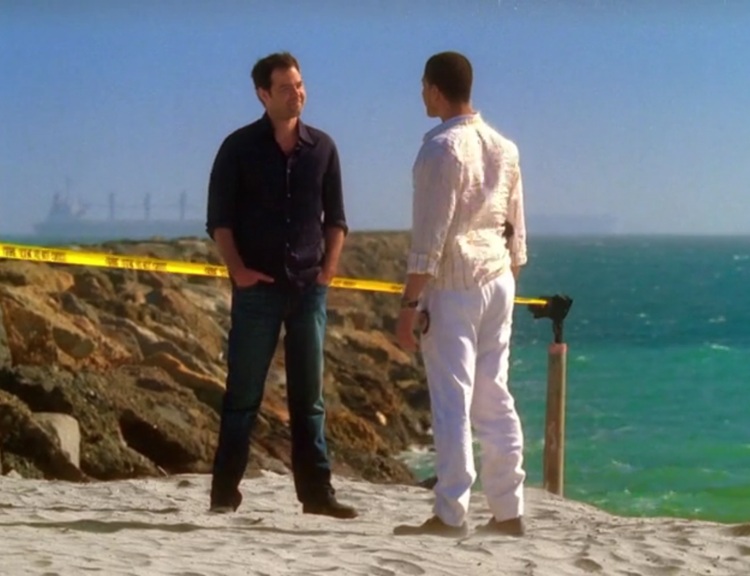 I chose this episode for Shann for our Return of a Character episode of Here, Watch This. If you listen to that episode (and you should listen to that episode), you’ll hear Shann’s thoughts on it. But I want to give mine because I chose this episode for a reason.
I chose this episode for Shann for our Return of a Character episode of Here, Watch This. If you listen to that episode (and you should listen to that episode), you’ll hear Shann’s thoughts on it. But I want to give mine because I chose this episode for a reason.
This is probably one of my favorite episodes featuring the return of a character because it flows so well within the overall narrative arc of the show.
Now, I’ll be the first to tell you that CSI: Miami has its issues. I’m on record saying it’s bonkers. But, I adore it, even with its problems, and even with its problems, there are some things that it just gets right. Speedle’s return is one of them.
The episode finds the CSI crew investigating first the death of a coed and the near death of the not-boyfriend friend she was sleeping with, and then the connected shooting death of a credit card pusher. During the episode, Eric Delko sees and speaks with Tim Speedle.
There’s just one thing.
Speedle is dead.
Speed has been dead since the beginning of the third season. We all watched him get shot to death in a jewelry store (I really need to write about his death; it’s got some beautiful narrative symmetry, another thing the show got right), watched him bleed out all over the floor. But, Horatio’s brother came back from the dead, so maybe Speed did to. It wouldn’t be the first time the show took a page or six out of a daytime soap playbook.
What makes it possible is that while only Delko sees and interacts with Speed, there’s a moment in the episode where Calleigh finds Speed’s credit card in one of the hummers, and Delko does some investigating, leading to the discovery that there’s been activity on Speed’s credit card. There’s tangible evidence that Speed could be alive.
You spend the episode waiting. Speed can’t be alive, but a ghost isn’t going to be racking up charges on a credit card. What the hell does a ghost need with earthly goods and services? This doesn’t feel like a dream. Everything is too normal. Except for Speed.
The episode comes to a head when Horatio catches Delko going through Speed’s locker, finding that his wallet is missing. Delko is sure this is evidence that Speed is somehow alive, but Horatio -who was present at the shooting and watched Speed die- has a different suspicion.
With the help of a warrant, he gets the bank to give up the latest credit card transactions, which leads Calleigh and Delko to a bar. Delko thinks he sees Speed, but it’s someone who looks like him. That’s when Calleigh comes in with the big reveal: Cooper from the lab took Speed’s credit card and he’s been using it. Cooper’s credit card fraud ties in with the credit card debt theme of the rest of the episode and is later used as his motivation to be a dick that ultimately leads to Calleigh being kidnapped in a later two-part episode.
It’s a gut punch for Delko, who fully expected to find Speed in this bar. He truly believed his friend was alive.
 As it turns out, Delko, who’d been shot in the head in the previous season and still has a bullet fragment in his brain, has been having transitory hallucinations due to his injury. It’s a bittersweet moment. Speed is gone, but he’s still so much a part of Delko’s life that when his brain decided to spark, it brought his fiend back from the dead.
As it turns out, Delko, who’d been shot in the head in the previous season and still has a bullet fragment in his brain, has been having transitory hallucinations due to his injury. It’s a bittersweet moment. Speed is gone, but he’s still so much a part of Delko’s life that when his brain decided to spark, it brought his fiend back from the dead.
The revelation and discussion between Delko and Horatio takes place at Speed’s grave. As Speed smiles and walks off into the distance, Delko says it feels like he’s saying goodbye all over again and Horatio admits that he sees Speed every day. It’s such a beautifully poignant scene that’s slightly unexpected in a show like this, though the show does have such moments on occasion throughout its run.
Speed’s return is so well done in the sense of how it flows into the narrative arc of the show. It’s not shoehorned in. There’s no great feats of gymnastics to make it plausible. You’re not required to suspend your disbelief beyond rational limits. It’s not a dream. It makes perfect sense.
And it gives me one of my heart achingly favorite moments in rerun TV.

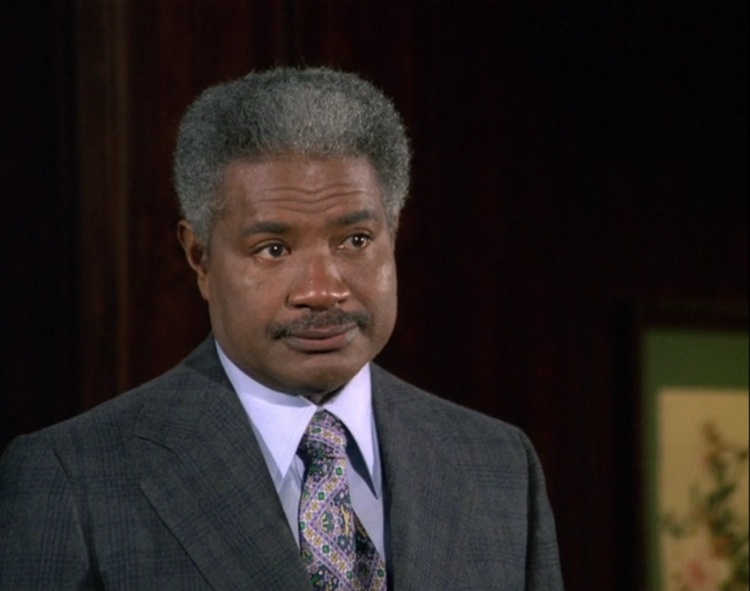
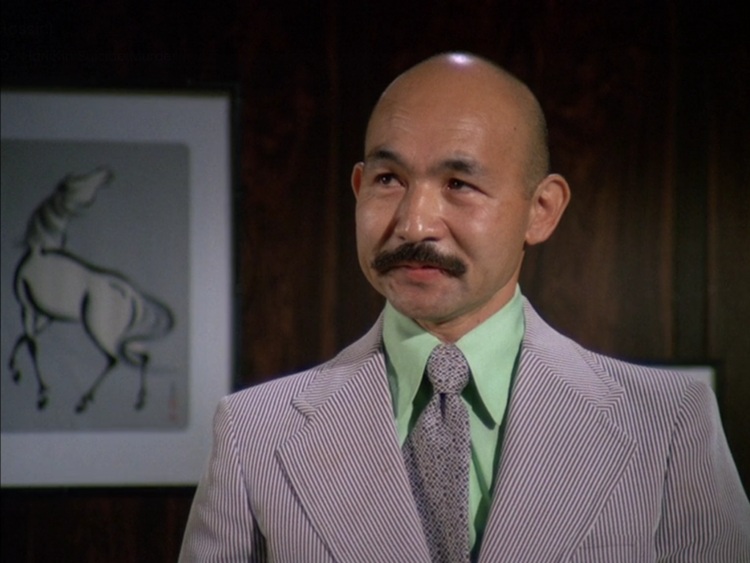
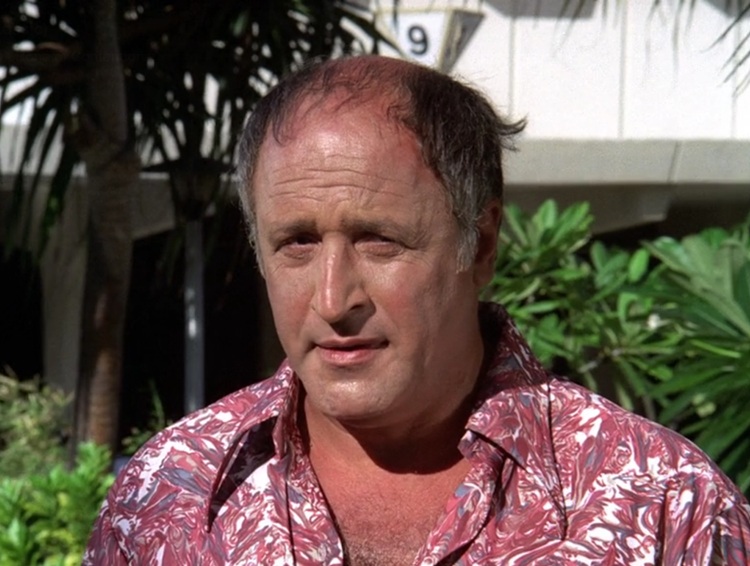
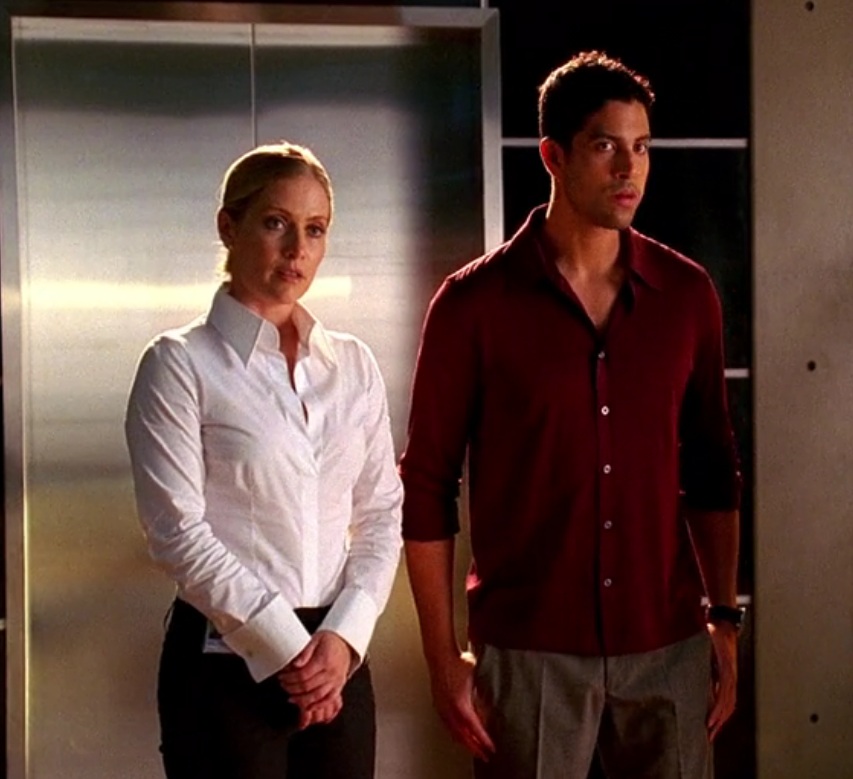 I’ve done a
I’ve done a 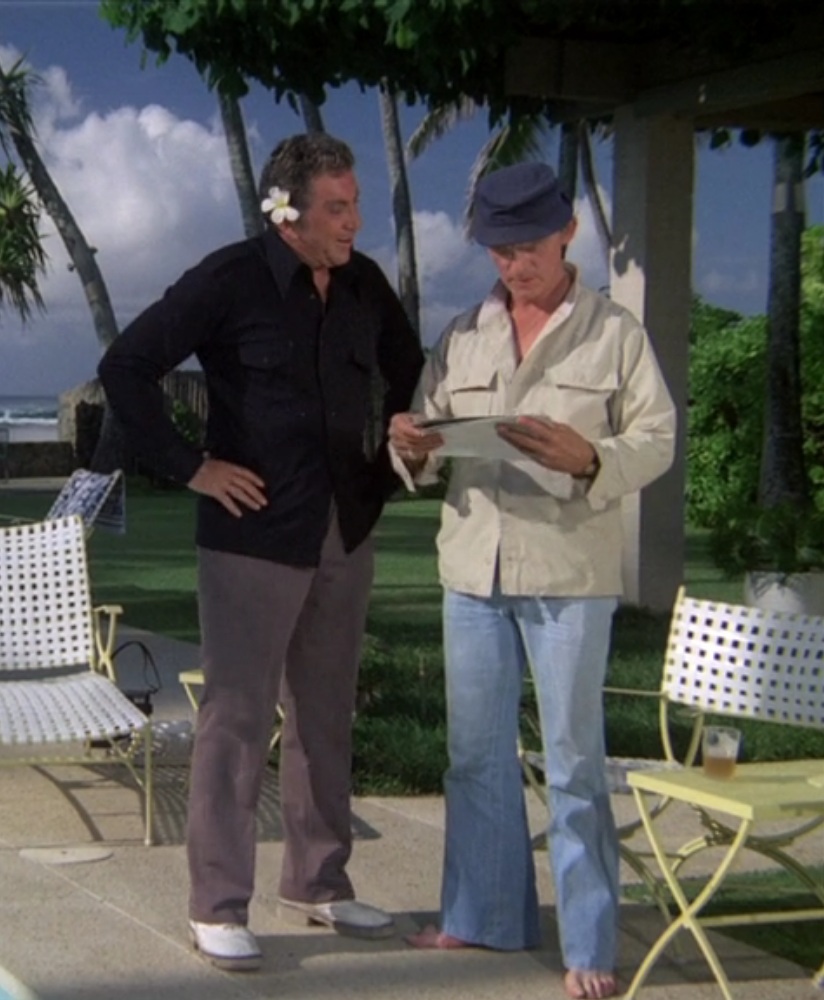
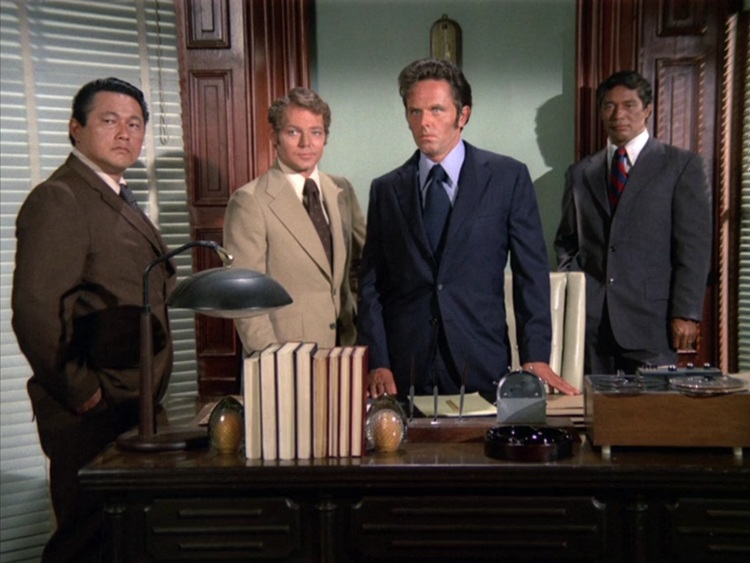
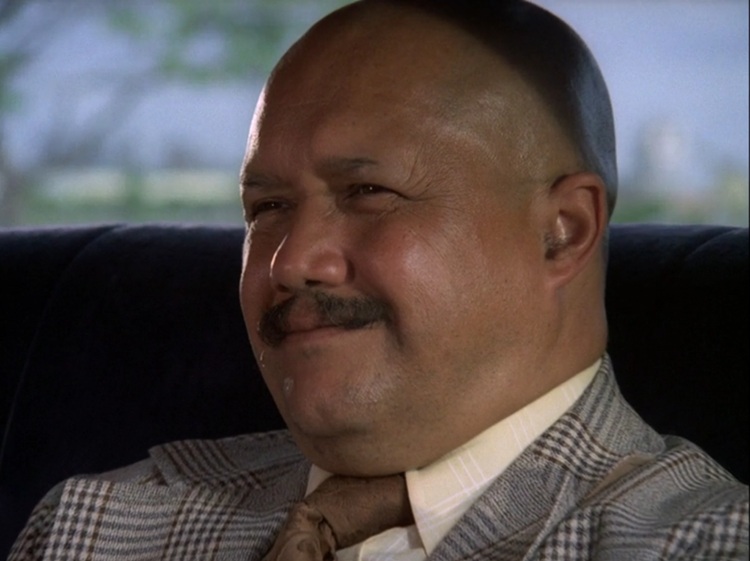
 I chose this episode for Shann for our Return of a Character episode of
I chose this episode for Shann for our Return of a Character episode of  As it turns out, Delko, who’d been shot in the head in the previous season and still has a bullet fragment in his brain, has been having transitory hallucinations due to his injury. It’s a bittersweet moment. Speed is gone, but he’s still so much a part of Delko’s life that when his brain decided to spark, it brought his fiend back from the dead.
As it turns out, Delko, who’d been shot in the head in the previous season and still has a bullet fragment in his brain, has been having transitory hallucinations due to his injury. It’s a bittersweet moment. Speed is gone, but he’s still so much a part of Delko’s life that when his brain decided to spark, it brought his fiend back from the dead.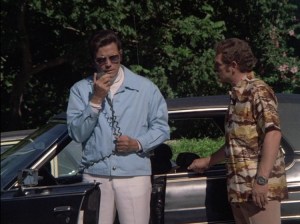

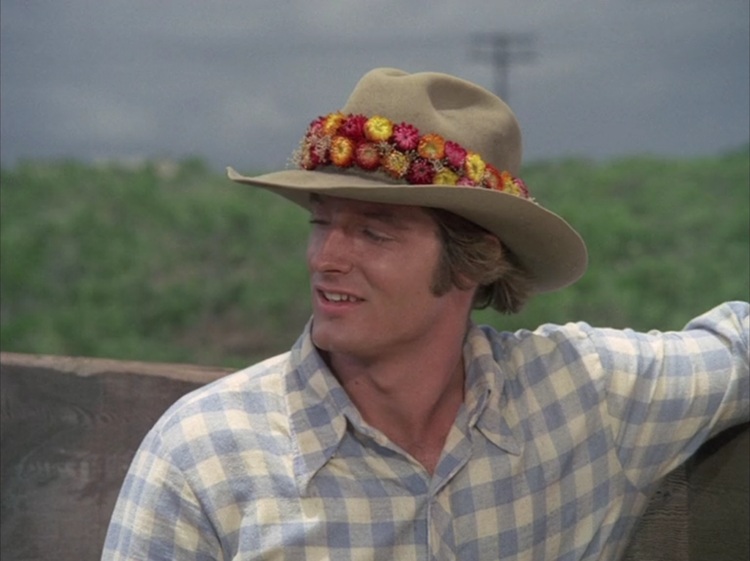





 This may be one of my favorite-for-the-wrong-reasons trope. It’s typically found in cop shows, but I’ve seen it in other genres as well.
This may be one of my favorite-for-the-wrong-reasons trope. It’s typically found in cop shows, but I’ve seen it in other genres as well.


 I am by no means an expert on TV Westerns. (Actually, you could put “I am by no means an expert” on my headstone because I’m not an expert on anything; I’m just really good at running my mouth.) But I have watched all of The Big Valley and Bonanza, and just about every episode of Gunsmoke thanks to my father’s latest binge watching habits, and I’ve noticed something.
I am by no means an expert on TV Westerns. (Actually, you could put “I am by no means an expert” on my headstone because I’m not an expert on anything; I’m just really good at running my mouth.) But I have watched all of The Big Valley and Bonanza, and just about every episode of Gunsmoke thanks to my father’s latest binge watching habits, and I’ve noticed something.